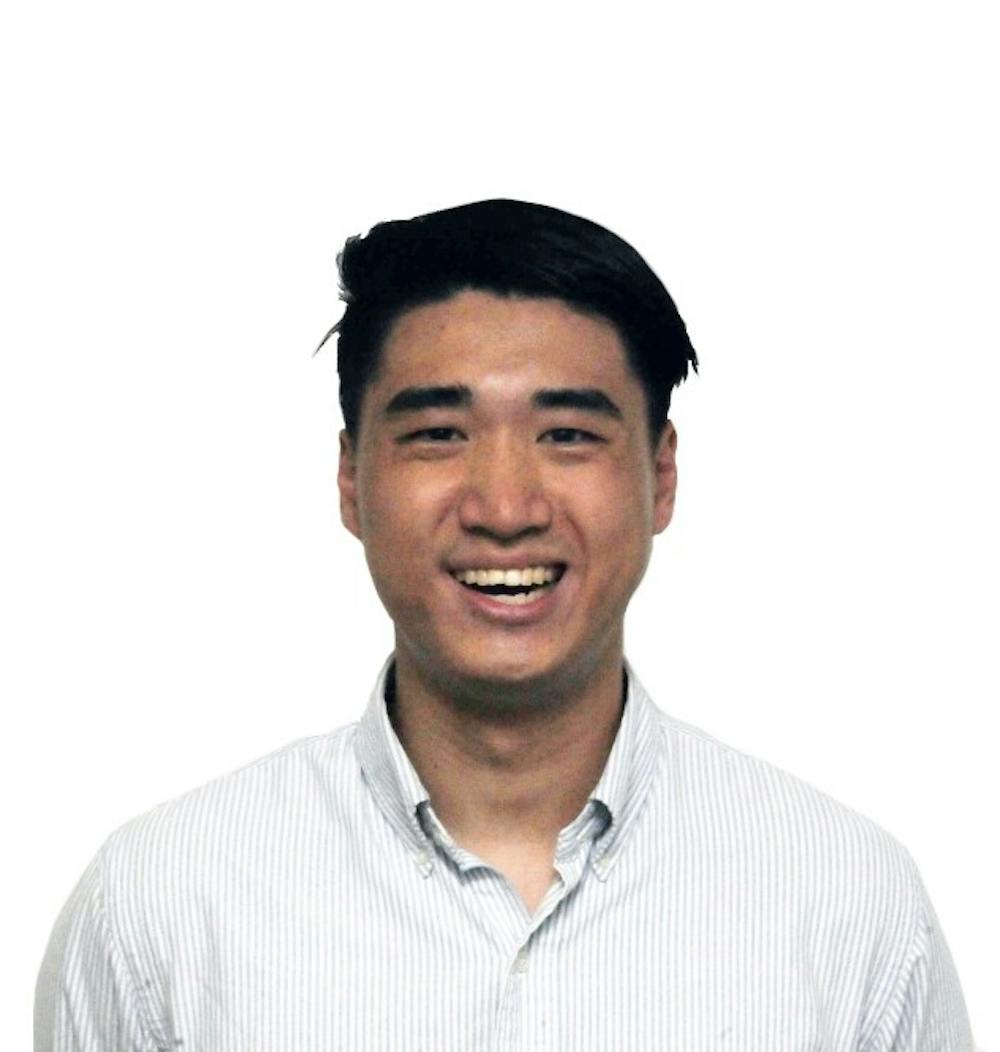As I begin my last year at Penn, the world seems filled with more uncertainty than ever. I spent my summer working and hoping that the words of an incompetent president on the other side of the world didn’t begin a nuclear war in my country. The recent tragic events around the globe including those in Charlottesville, Va., Barcelona and Turku, Ukraine deepen an ongoing sense of fear, instability and entropy. Things fall apart — the center cannot hold.
On a personal level, I’ve realized that never before has my own future been so unclear. I’ve never been one of those people to lay out a five- or 10-year-plan, but then I didn’t really need to be. For most of my admittedly privileged life, I just needed to do one thing: go to school. Now, whether to receive any more schooling is just one of infinite options — a potential decision to be made along with where to live, what to do for a job, and so on.
Yet, I suspect that I will not be the only one who feels that 16 years of schooling has led us to no certain answers. The freedom and focus on individuality that defines our generation also means that there’s less pressure on us to study certain things, socialize with certain people or choose certain lifestyles. The age in which a young person is expected to travel, maybe spend some time in the military, get a job and marry at an acceptable age is mostly over.

Many people, including myself, are surely grateful for this expanded range of opportunities. But this also means that we have less defined milestones by which to judge how well we’re doing. This causes many of us to worry that we’re not taking full advantage of all that we have been given, that we’re not living up to standards set forth by others and ourselves.
At Penn, students in the College of Arts and Sciences experience this even more, since there are no defined or expected paths for students to embark on post graduation. A liberal arts education is more conceptual rather than skill-based. Wharton students are expected to go into some form of commerce, and Engineering and Nursing students similarly have more traditional fields to go into. College students, on the other hand, rarely have such certainty.
This, I believe, contributes profoundly to the recent increase in the amount of insecurity in young people across the country, as well as the seemingly contrary pattern of professionalization of education. It may seem strange to many that despite having all the opportunities in the world, the thing we choose to do is make slide sets and update spreadsheets. We care less and less about finding our work personally fulfilling or meaningful, and instead are content to pursue stability and certainty.
But it makes sense that since we ourselves are unsure of what to pursue and value in life, we would follow a risk-averse strategy of placing ourselves in positions with famous brands whether that be Goldman Sachs, McKinsey, Teach for America or Harvard Law School, even if we’re not certain that that’s the right path for us. Even in on-campus recruiting, the biggest firms appeal to potential recruits by pointing out how well “alums” have done after spending a couple of years working for them, rather than convincing them that they are permanent jobs.
None of this is inherently bad per se, but I nonetheless believe that it’s worth observing and thinking about, especially at this point in my time at Penn. It’s mildly terrifying to realize that despite having lived the first quarter or so of our lives preparing for the future that no definite form of it has emerged. But surely such a phase in our life is primarily for considering and pondering such potential paths, deciding and figuring out how to live, in addition to how to make a living. So cheers to all fellow members of the Class of 2018, and to realizing that we are merely at the end of the beginning, rather than vice versa.
JAMES LEE is a College senior from Seoul, South Korea, studying English and philosophy, politics and economics. His email address is jel@sas.upenn.edu. “The Conversation” usually appears every other Monday.



